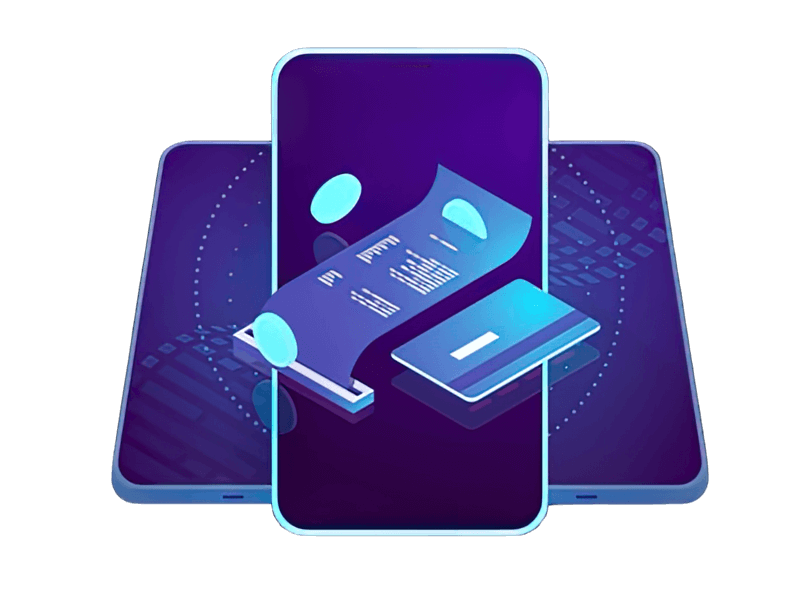Powerful payment aggregator and online payment system for any type of business
PSPline makes the online payment process as fast and easy to use as possible

PSPline makes the online payment process as fast and easy to use as possible






PSPline offers customized and secure processing solutions for various companies around the world.
PSPline offers customized and secure cryptocurrency fiat solutions for various companies around the world.



PSPline payment system opens up new opportunities for interaction with customers, thereby increasing their number.
Transfer funds between individuals using both the recipient's card number and phone number.
Speed up the online and offline payment process with the help of embedded QR code details
Create and send invoices to get paid for your goods and services instantly.
Receive payments from messengers and social networks using payment links. The product does not require a website or a mobile application.
Accept payments in your mobile app. The best way to combine SMS payments and classic e-commerce. The user makes purchases directly on your service
Easy integration of payments into your CMS or a website on a website builder. Full transparency of your personal account. The ability to accept payments in different currencies using e-wallets, Apple and Google Pay, Visa and Mastercard.

The service allows you to send and receive payments on your business website. PSPLine can be easily integrated into a mobile application created for both iOS and Android. Full integration (API) allows you to independently control the process and order individual payment solutions
We provide 24/7 customer support and guarantee complete data confidentiality. Each transaction goes through several levels of verification. Any suspicious activity will be blocked
Payment transactions in PSPLine require only a few clicks, which significantly saves you time and resources.
A user-friendly and simple interface greatly simplifies the payment process and has a positive impact on the user experience. Thus, increasing the likelihood of users returning to you.
Our advanced payment system is the pinnacle of secure financial technology, embodying an unwavering commitment to strengthening financial institutions with unmatched security measures. Our scalable solutions, designed specifically for banks and microfinance organizations, not only drive their digital success, but also serve as a catalyst for innovation and sustainable growth, providing them with confidence and resilience in a changing financial landscape.
Our advanced payment system integrates seamlessly into the gaming industry and related businesses, protecting their transactions with unprecedented security measures. Our adaptive solutions, designed to meet the unique needs of this dynamic sector, not only facilitate digital growth, but also serve as a strategic tool for innovation and customer engagement, ensuring that these businesses thrive and set new standards in the ever-changing gaming landscape.
Our advanced payment system serves as the backbone of financial technology, providing unparalleled security and seamlessly integrating into the IT/SaaS industry. Our scalable solutions, designed with precision to meet the complex needs of these industries, not only drive growth in a dynamic digital environment, but also act as a catalyst for innovation and sustainability, enabling these industries to not only grow, but redefine standards and lead transformational change in technology and software as a service.
Our state-of-the-art payment system is a testament to technological advancements, providing unprecedented security measures, easy integration, and adaptive solutions carefully designed to facilitate the sustainable growth and success of marketplaces in the dynamic digital sphere. With an unwavering commitment to advanced security protocols and a dedication to future-proof scalability, our system is a solid foundation that enables portals, marketplaces, and marketplaces to not only expand, but also innovate and set new standards.
In financial technology, our advanced payment system serves as a beacon of uncompromising security, seamlessly fitting into the operational structure of insurance agencies and insurance companies. Designed with meticulous precision to meet the unique requirements of this industry, our scalable solutions not only facilitate growth in the digital sphere, but also serve as a strategic catalyst, driving innovation and sustainable progress.
At the forefront of financial technology, our cutting-edge payment system embodies unwavering security measures and seamlessly integrates with the operational structure of online pharmacies and businesses in the medical and healthcare sectors. Our scalable solutions, carefully designed to meet the specific needs of these industries, not only facilitate growth in the digital environment, but also act as a driver of innovation and sustainable progress.
In the complex tapestry of financial technology, our advanced payment system occupies a special place, creating a fabric of unprecedented security measures and seamlessly integrating into the operations of online schools, learning portals, and various industry training organizations and training projects. Our scalable solutions, carefully designed to meet the multifaceted needs of these education and training platforms, serve as a catalyst not only for growth in the digital environment, but also as a foundation for innovation, creating an environment where education and development thrive in harmony.
PSPline is known as a leading payment aggregator and online payment system, at the forefront of innovation in the dynamic world of financial technology. Offering a comprehensive suite of services, PSPline is a one-stop solution for any business seeking seamless and secure payment processing. At the heart of PSPline's offerings is a commitment to versatility, security and reliability. As a payment aggregator, PSPline brings together various payment methods on a single platform, allowing businesses to accept online payments via credit and debit cards, digital wallets, bank transfers, cryptocurrencies, and alternative payment methods.